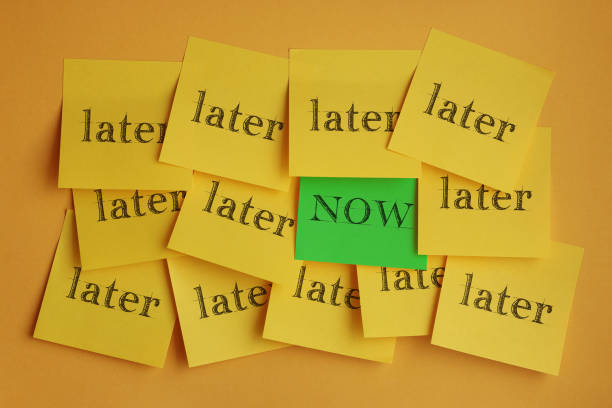How to Overcome Procrastination and Boost Your Productivity: A Solution to a Problem Most  People Face
People Face
At first, procrastination may seem harmless, but over time it becomes a serious obstacle that affects productivity, increases stress, and lowers self-confidence. So, why do we procrastinate? And more importantly, how can we overcome it?
What is Procrastination?
Procrastination is the habit of delaying important tasks in favor of easier or more enjoyable activities. While it may give temporary relief, it often leads to long-term stress and missed opportunities.
Why Do We Procrastinate?
1. Fear of Failure
Many people avoid starting difficult tasks because they fear they might fail. It feels safer to delay than to risk making mistakes.
2. Lack of Motivation
When the goal is not clear or doesn’t feel important, motivation to start drops dramatically.
3. Perfectionism
Perfectionists often wait until they feel “ready” to do something perfectly—sometimes, that moment never comes.
4. Too Many Distractions
Social media, notifications, and digital entertainment constantly steal our attention and make it harder to focus.
The Negative Effects of Procrastination
-
Increased stress: The more tasks pile up, the higher the anxiety.
-
Lower productivity: Work done last minute is usually rushed and less effective.
-
Missed opportunities: Important chances may be lost simply because of poor timing.
-
Decreased self-confidence: Constant procrastination makes people feel incapable of
commitment.

Practical Solutions to Beat Procrastination
1. The Two-Minute Rule
If a task takes less than two minutes, do it immediately. For example: sending an email, tidying up your desk, or writing down a quick note.
2. Break Down Large Tasks
Big tasks look overwhelming, but breaking them into smaller, manageable steps makes them easier to tackle. Instead of saying “I need to finish my project”, start with “I’ll write the introduction today.”
3. The Pomodoro Technique (25 Minutes)
-
Focus on one task for 25 minutes.
-
Take a 5-minute break.
-
Repeat the cycle 4 times, then take a longer break.This method helps the brain stay focused without burning out.
4. Create a To-Do List
Writing tasks down clears the mind and gives a clear direction for the day.
5. Reward Yourself
Celebrate small wins. After finishing a task, reward yourself with a coffee, a short walk, or watching a quick video. This creates positive reinforcement.
6.
-
Silence phone notifications.
-
Use apps that block social media while working.
-
Work in a quiet, dedicated space away from noise.
7. Focus on Your “Why”
Before starting, ask yourself: “Why am I doing this?” Understanding the bigger purpose makes it easier to take action.
A Real-Life Example
A university student had a research paper due in one month. Every day he said: “I’ll start tomorrow.” Suddenly, only two days were left. The pressure was overwhelming, and the quality of work suffered.
If he had started earlier, writing just a little every day, he would have finished calmly and confidently.
Your Next Step to Stop Procrastinating
Procrastination is not a personal weakness—it’s a common challenge. The good news is that it can be overcome. Start with small steps, break down big goals, and remind yourself that progress is more important than perfection.
The best time to start is not tomorrow. It’s now.


